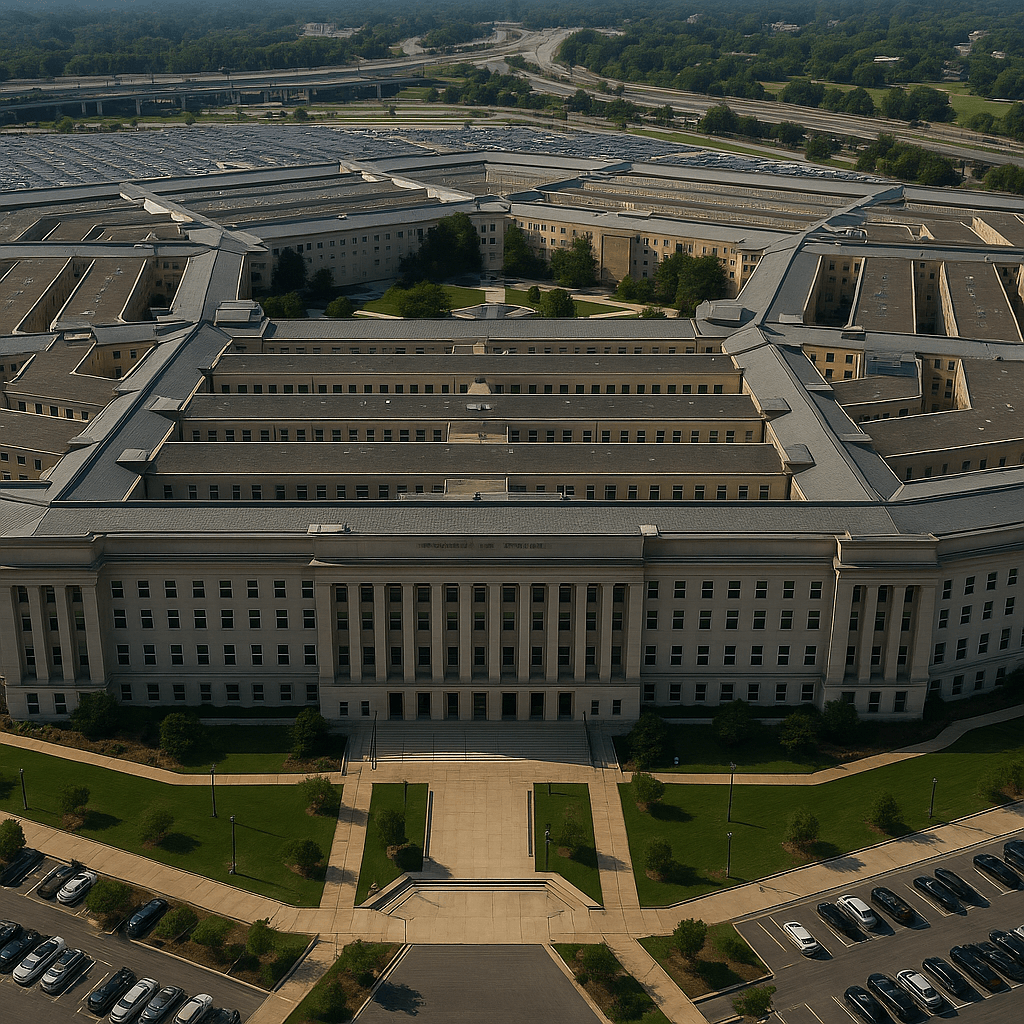Reports surfaced that Microsoft is quietly preparing one of its boldest moves yet in the artificial intelligence landscape—a custom version of its Copilot AI platform built specifically for the U.S. Department of Defense. This Pentagon-specific Copilot is expected to adapt Microsoft's powerful generative AI models to assist military operations, automating repetitive tasks and enhancing decision-making for defense personnel.
This initiative represents more than just a new enterprise client. It signals the growing convergence of consumer-grade AI tools with military-grade demands. Microsoft’s Copilot, which has already transformed productivity across industries by summarizing data, generating documents, and writing code, is now poised to enter the battlefield—not with weapons, but with intelligence. For the Department of Defense, this means harnessing AI to streamline operations, reduce human error, and speed up processes that traditionally require extensive manpower.
Imagine analysts scanning terabytes of satellite data with Copilot automating anomaly detection, or logistics officers planning troop movements with real-time optimization from a digital assistant. The implications are vast. AI like this could fundamentally change how militaries plan, communicate, and respond. It could also allow human operators to focus on strategy and critical judgment, trusting software to manage the burden of bureaucracy and data overload.
